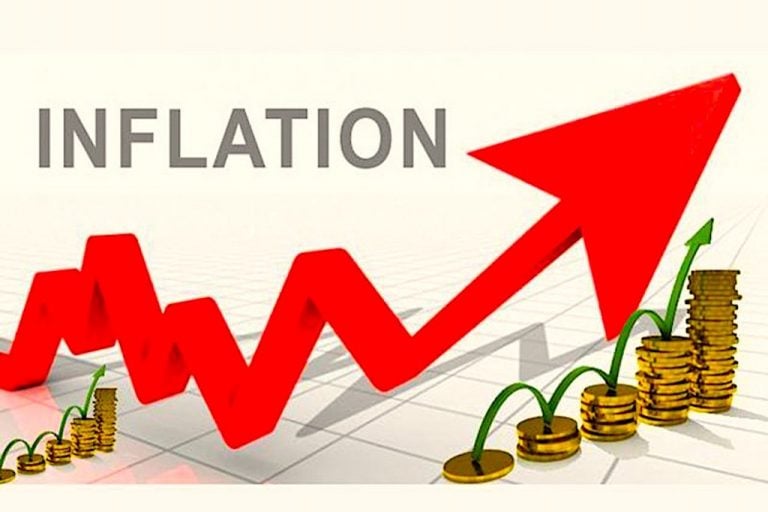Nigerians are bracing for another surge in fuel prices following the Federal Government’s approval of a 15 per cent import duty on petrol and diesel, a policy economists warn will push petrol prices beyond ₦1,000 per litre and further strain the cost of living.
President Bola Tinubu approved the new advalorem duty to protect local refiners such as the Dangote Refinery, promote energy self-sufficiency, and strengthen the Naira through local crude transactions.
The policy is part of the administration’s broader fiscal reform agenda, aimed at stabilising the downstream petroleum market and boosting non-oil revenue.
Prices set to climb
Petrol currently sells for an average of ₦928 per litre, but analysts say the new duty could add between ₦99 and ₦150 per litre, depending on market conditions.
Diesel, already above ₦1,200 per litre, is also expected to rise, pushing up transport and production costs nationwide.
“The duty is clearly a protectionist measure to support local refining,” said an energy economist, Dr Wunmi Iledare. “But without consumer safeguards, it risks worsening inflation and eroding household purchasing power.”
The Dangote Refinery, with capacity to process 650,000 barrels per day and valued at $20 billion, stands to gain the most.
The import duty effectively creates a price buffer that makes imported fuels less competitive, allowing locally refined products to dominate the market.
Inflationary Ripple
Economists fear that higher fuel prices will accelerate inflation, which currently hovers near 29 per cent. Transportation, manufacturing, and food costs, already elevated after subsidy removal and Naira devaluation are expected to rise further.
According to a tax and financial consultant, Olufemi Idowu, when combined with existing levies, the duty could result in an effective 22 per cent increase in fuel import costs.
“Transporters will pass it to commuters, manufacturers will add it to prices, and consumers will bear the brunt,” he said. Small businesses, many of which rely on diesel to power operations due to poor electricity supply, are likely to suffer immediate cost hikes, reducing profit margins and threatening jobs.
Government’s Defence
Government officials defend the duty as a necessary step toward energy independence and long-term price stability. A senior official in the Ministry of Finance said the measure, “will strengthen local refining capacity, conserve foreign exchange, and make Nigeria less dependent on imported fuels.”
The official added that the government remains committed to stabilising prices once domestic refining meets national demand. “The short-term pain will yield long-term gain,” he said.
Experts urge caution
Analysts agree that while the policy may help local refiners like Dangote compete, its timing could worsen the economic burden on citizens still grappling with high food prices and stagnant wages.
An economist at Lagos Business School, Dr. Aisha Yusuf, cautioned that the government must balance industrial protection with consumer welfare.
“Without social buffers such as transport subsidies or targeted relief for low-income earners, the inflationary effect could wipe out any fiscal benefit,” she warned.
She also urged investment in electricity and transport infrastructure to reduce dependence on diesel and petrol, noting that “energy diversification remains key to long-term price stability.”
Short-term pain, long-term promise Analysts say the new duty may serve its strategic purpose of shielding the Dangote Refinery and encouraging local refining, but its short-term consequences will be painful.
Higher fuel prices are expected to drive up the cost of food, goods, and transportation, deepening hardship for millions. Whether the policy ultimately benefits Nigerians will depend on how quickly domestic refineries ramp up production to meet demand and how effectively the government cushions the economic shock.
For now, the immediate impact is clear: another round of price hikes looms, and inflationary pressure is set to intensify, even as households and businesses continue to adjust to past reforms.















